The possibility of being able to treat gene-associated or gene-caused conditions by using gene manipulation has yet to be realized. Yes, there has been rapid growth in our understanding of the genetic code, but that understanding has not yet been able to produce the ability to use gene manipulation as a way to treat or hair loss conditions like androgenetic alopecia.
Even though gene-associated or gene-caused conditions are still not treatable at the genetic level, it is becoming increasingly possible to identify genetic predispositions to a pathologic condition and therefore to take steps towards modifying the physical results of the condition. At a medical level, genetic researchers are acquiring the knowledge and the technology to provide clinically significant research about a widening spectrum of gene-associated or gene-caused conditions. This research and knowledge can be used to avoid certain genetic fates.








